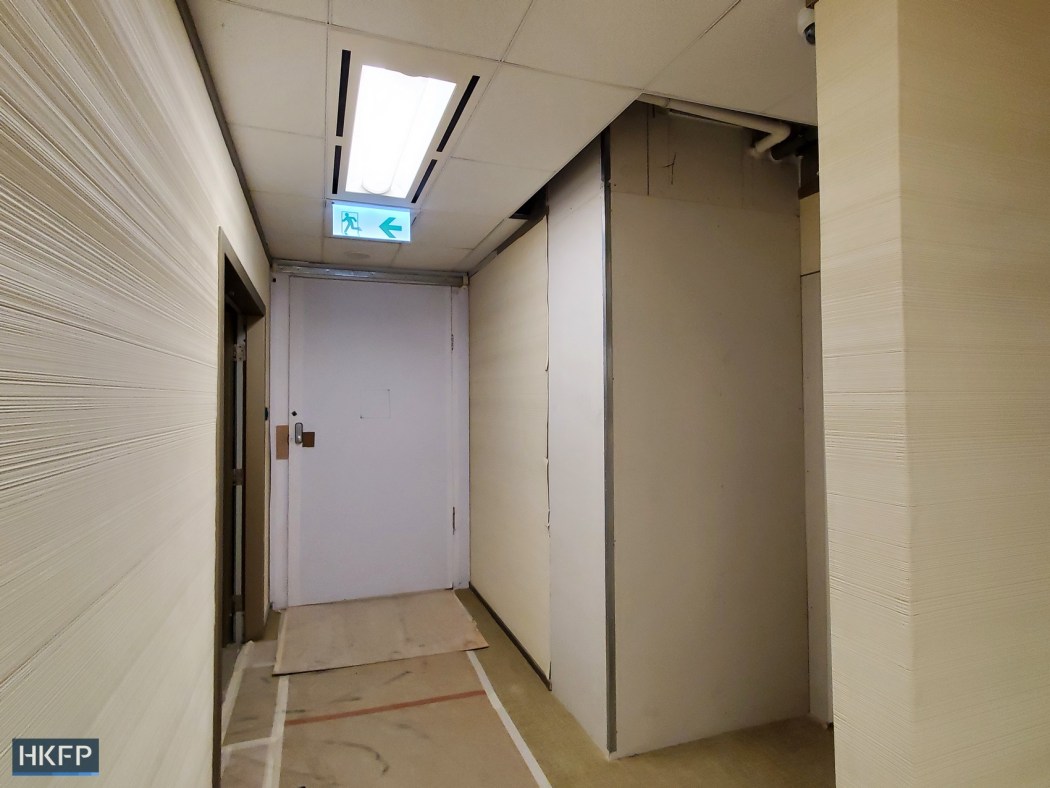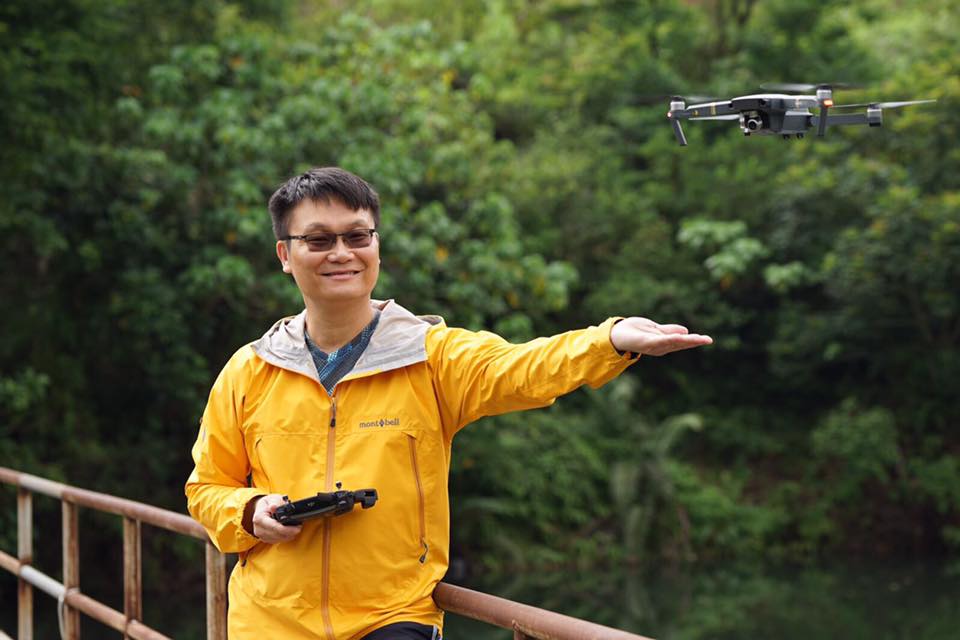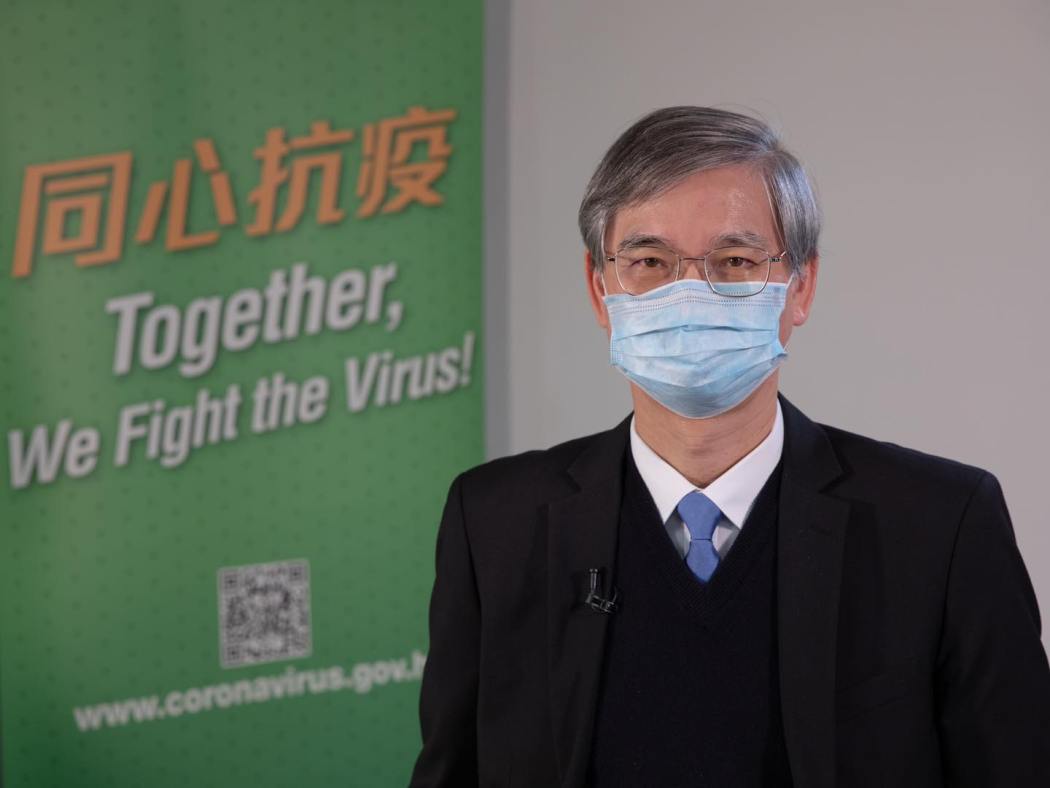Romping through the bureaucratic undergrowth the other day, I came across a little animal which generally eludes watchers. This is the Advisory Committee on Post-office Employment for Former Chief Executives and Politically Appointed Officials.
I must hasten to add that the subcommittee, though obscure, is not secretive. It produces a steady stream of press releases about its work, which – alas – rarely find favour with media editors. So nobody hears about it.

Generally we are not missing much. The subcommittee vets applications for approval of future employment from retiring or resigning political appointees – policy secretaries and their permitted flotillas of assistants – and Specially Appointed Officials, which seems to mean full-time members of the Central Policy Unit, when we had one.
The results are not newsworthy. I cannot find any example in which the subcommittee actually advised the authorities to refuse permission for a job following government service. In every case there is approval subject to some conditions.
In the earliest cases recorded on the subcommittee’s website, which go back to 2012, there is much variation in the conditions imposed. But by the time Ms Carmen Cheung Sau-lai left the job of Political Assistant to the Chief Secretary for Administration in 2014 the committee had settled on a formula which, with some minor verbal elaboration, has been its standard set of terms ever since: no representing people or firms in dealings with the government; no lobbying; no bidding, or advice on bidding, for government contracts; no divulging secrets.

Of course they do not put it as briefly as that. Item 4 for example comes out as:
“without derogating from her obligations under the Official Secrets Ordinance (Cap. 521), use, communicate or divulge to any person any classified information or information that has come to her knowledge during her office as Political Assistant to Chief Secretary for Administration that is not already in the public domain.”
But you get the message.
So far this is uncontroversial. Of course we do not want former political appointees exploiting their government contacts. Indeed some of us might consider that the “Relevant Period,” as the subcommittee puts it, could usefully last longer than the current one year.
What may concern us, though, is that the subcommittee has of late decided that it has another purpose besides preventing the indecent exploitation of government experience and contacts, and this is to preserve the government from being “embarrassed.”

As far as I can tell this concern first appeared in 2017 when Mr Fung Wai-kwong left the post of Information Coordinator and expressed a desire to start a new career as (horror!) a newspaper columnist. The committee recommended that he should not be allowed to “include in his articles anything in relation to his employment as Information Coordinator which may cause embarrassment to the Government.”
This condition has appeared sporadically ever since, most recently being applied to Dr Law Chi-kwong, who following a stint as Secretary for Labour and Welfare wished to return to university teaching. People who are threatening to teach during the “Relevant Period” are often, though not invariably, told not to “include in his teaching materials anything related to his office as [insert job title] which may cause embarrassment to the Government.”
People intending to move to journalism, PR or writing books are also often subjected to this restriction.
And the question which then arises is whether a committee dedicated to avoiding “well-founded negative public perception embarrassing the Government” should be restricting the freedom of speech in this way.

Remember that the people affected are already subject to the item quoted above about information which is not already in the public domain. So it appears that the committee wishes further to suppress information which is in the public domain, but may embarrass the government.
The other possible interpretation is that we are not dealing here with information at all, but the expression of opinions about how the government operates or ought to operate.
Whichever way you look at it, this item is a restriction on freedom of expression. Indeed the subcommittee itself calls it a restriction. The right to freedom of expression is not absolute, as we are invariably reminded by people coming up with new ways of trampling on it.There are, though, only a few permitted exceptions, and these are summarised in the Bill of Rights Ordinance. Restrictions are allowed only:
(a) for respect of the rights or reputations of others;
(b) for the protection of national security or of public order (ordre public), or of public health or morals.
Bill of Rights Article 16
I do not see how any of those exceptions could be extended to cover restrictions whose sole effect and intention is to preserve the government from embarrassment.
No doubt there are more worrying freedom of expression issues in Hong Kong than the right of recently defenestrated government servants to give an honest appraisal of their experience. But we must suppose that this subcommittee has legal advice … from government lawyers … from whom we might hope for some sensitivity to the requirements of human rights generally, and freedom of expression in particular.
Hope, but not expect.
Support HKFP | Policies & Ethics | Error/typo? | Contact Us | Newsletter | Transparency & Annual Report | Apps
Help safeguard press freedom & keep HKFP free for all readers by supporting our team
| HKFP is an impartial platform & does not necessarily share the views of opinion writers or advertisers. HKFP presents a diversity of views & regularly invites figures across the political spectrum to write for us. Press freedom is guaranteed under the Basic Law, security law, Bill of Rights and Chinese constitution. Opinion pieces aim to point out errors or defects in the government, law or policies, or aim to suggest ideas or alterations via legal means without an intention of hatred, discontent or hostility against the authorities or other communities. |

More HKFP OPINION:
HKFP has an impartial stance, transparent funding, and balanced coverage guided by an Ethics Code and Corrections Policy.
Support press freedom & help us surpass 1,000 monthly Patrons: 100% independent, governed by an ethics code & not-for-profit.










